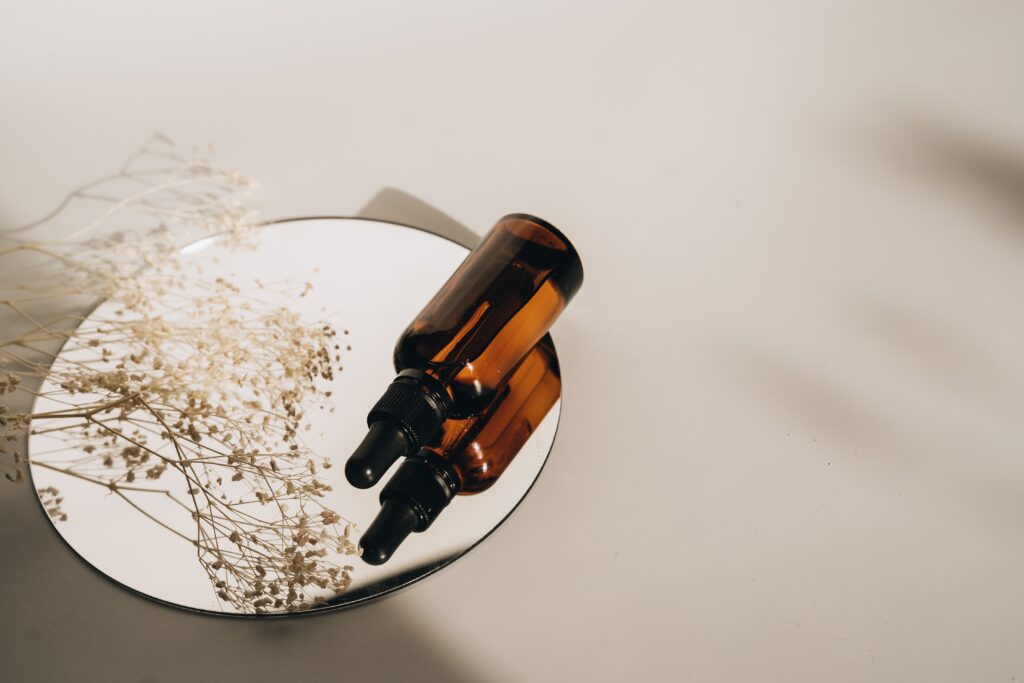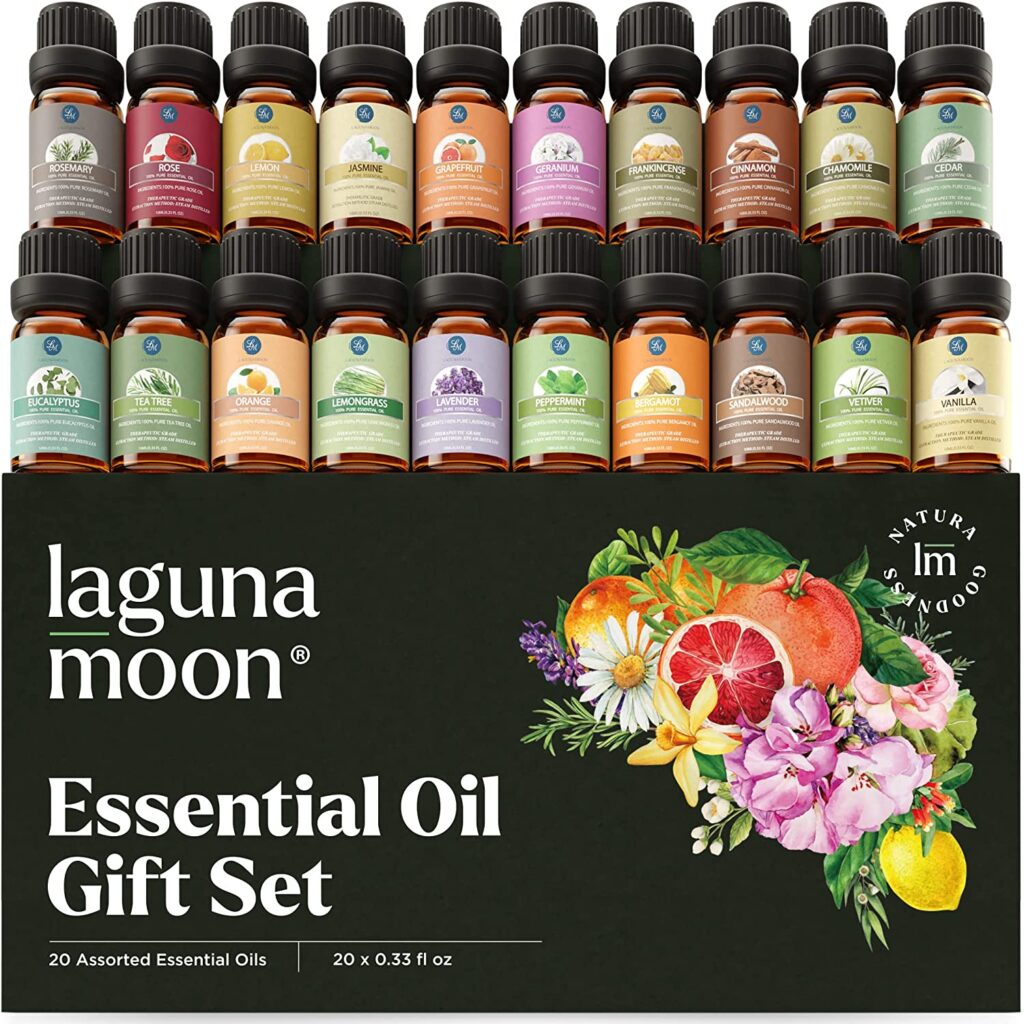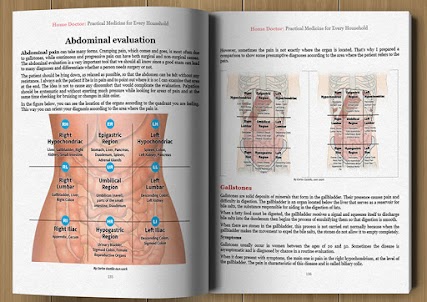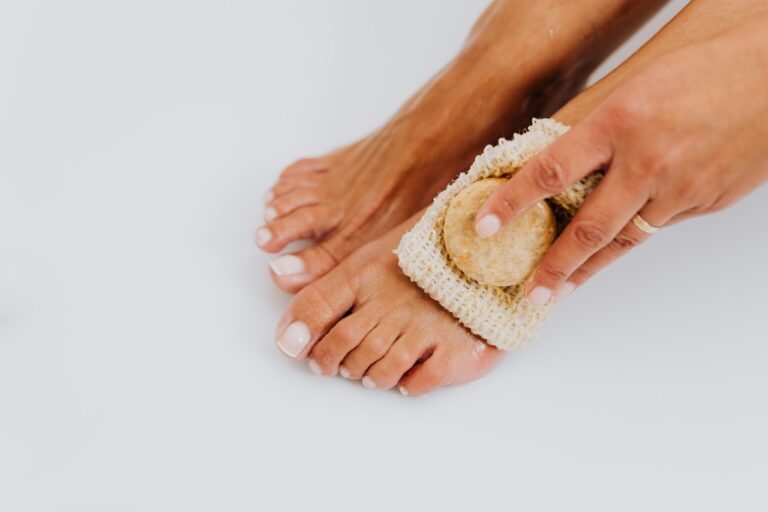Minor wounds and skin conditions like scrapes or bug bites normally do not need a trip to the hospital and can often be treated at home. There are a number of natural remedies that can help speed up the healing process and lessen inflammation while keeping the wound clean.
Note: Some of the links here are affiliate links. There’s NO additional cost for you, but it does help our team to earn some coffee money to help write more health tips for you.
Petroleum Jelly
Although petroleum jelly is a synthetic product, it is one of the most common home remedies found in everyone’s first aid kit. The “Wonder Jelly” has been around for over 150 years and is still used today. When oil was discovered in Pennsylvania in 1859, a residue called rod wax was causing oil rig pumps to malfunction. However, the oil workers were using this wax to treat their cuts and burns. Chemist Robert Chesebrough then worked on refining the wax until it finally hit the market in the 70’s.
Its main purpose is to seal moisture in your skin and it helps prevent chafing and blisters. If you still do manage to get a blister, petroleum jelly can be an effective treatment for it along with minor wounds because it stops them from drying out and scabbing over, shortening the healing time. Not only does it minimize scarring, it also does not cause a burning sensation when applied to wounds.
Petroleum jelly also relieves itchiness due to dry, flaky skin, thus helping with skin conditions like eczema and psoriasis. It is also safe to use on babies and provides relief for diaper rash. Aside from humans, petroleum jelly can be used to moisturize and treat cracks in pet paws. To use, simply apply to the affected area. As a moisturizer, it is more effective when applied to damp skin.
Caution: Oil-based products are not advisable for burns because it can heat up inside the skin. Petroleum jelly should also not be used as a lubricant for sex as it can cause bacterial vaginosis and latex condom breakage.
Aloe Vera
Aloe vera has been used for skin treatment since time immemorial in several cultures. Today, it is still effective in treating skin conditions like psoriasis, rashes, dandruff, burns, skin abrasions, acne and anal fissures. Research has backed its wound healing properties and has proven it to be anti-inflammatory, anti-bacterial, anti-viral, and antiseptic. It is also an effective treatment for first and second degree burns. Topical aloe vera can be bought in stores, but you can also harvest the gel directly from the plant.
Caution: It is always best to do a patch test to check for allergic reactions. People who are allergic to garlic, onion, and tulip are more susceptible to being allergic to aloe.
Tea Tree Oil

Tea tree oil has long been known to be beneficial for hair, skin, and nails. Popularly used to treat acne, it is often found as a key component in skincare products. Its antibacterial properties make it a natural antiseptic for minor wounds and it also reduces inflammation, making it an effective treatment for bug bites and skin conditions like contact dermatitis and demodicosis.
Tea tree oil is for external use only and should not be ingested as it is poisonous when swallowed. It should also not be applied directly in its pure form or in high concentrations to avoid skin irritation. Instead, dilute 1 to 2 drops of tea tree oil with 12 drops of carrier oil or moisturizer and apply to the skin with a cotton ball, making sure to avoid the eyes. An alternative way is to mix 3 to 15 drops with a dispersant such as a few tablespoons of full cream milk or some bath salts and add in a warm bath.
Caution: Doing a patch test first would be best to check for allergic reactions, but people with eczema should avoid tea tree oil as they are more at risk for irritation and allergic reactions.

Laguna Moon Essential Oil Gift Set
From calming lavender and soothing chamomile to refreshing eucalyptus, this set of 20 essential oils has something for everyone.
Oatmeal
The use of oatmeal for skin dates back as early as 2000 BC in Egypt and Arabia, though scientific studies only started in the 1930’s. Colloidal oatmeal, a powdered form of oats, is recognized by the United States Food and Drug Administration (FDA) as a safe over-the-counter treatment for itching and irritation. It is also used for rashes, burns, and skin conditions like eczema, psoriasis, and atopic dermatitis. They contain avenanthramides which are anti-inflammatory agents, linoleic acid which helps with skin barrier repair, and lactic acid, a natural moisturizing factor.
Although normally a breakfast option, to use oatmeal for your skin, it should be applied topically instead of ingesting. The most popular methods are through an oatmeal bath or poultice. It is important to use colloidal oatmeal, a finely ground oatmeal, which can be bought over-the-counter or you can make your own by grinding whole oats in a blender, food processor, or coffee grinder until it resembles a gritty flour texture. This should blend well when mixed with hot water so you can avoid clogging your drain.
Honey
Honey has been used to treat wounds for over 4,000 years, but lost its popularity when antibiotics came into the picture. However, it has proven time and again to be more effective than conventional treatment like healing second-degree burns faster and successfully healing wounds that were unresponsive to previous conventional treatment.
It is important to know that you cannot use just any type of honey and you also cannot apply it to all types of burns. Medical-grade honey is standardized and sterilized, and should only be applied to first and second-degree burns.
To use, apply medical-grade honey to a sterile pad or gauze and wrap the dressing over the wound. You can change the dressing and reapply up to three times daily.
Caution: Seek medical attention for more serious burns and those larger than 3 inches as well as burns in sensitive areas like hands, face, feet, and groin area. Skip home remedies and see a doctor when treating infants and the elderly.
The Bottom Line
The remedies mentioned above are only effective for minor open wounds and skin conditions. For more severe wounds with heavy bleeding, immediate medical attention is needed. Also be wary of possible allergic reactions. It is always best to do a patch test first. Caution is advised when treating the sensitive skin of the elderly.
Your Must-Have Guide to Ailments, Diagnosis & Unexpectedly Effective Home Remedies
Authored by 2 real doctors and a survivalist prepper, The Home Doctor, will enable you to (1) find a common “antibiotics” plant, (2) diagnose the type of abdominal pain you have, and (3) do so much more.







